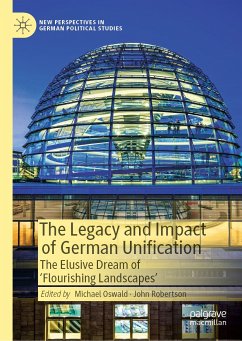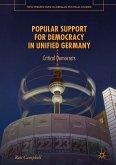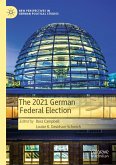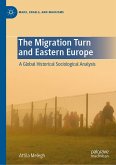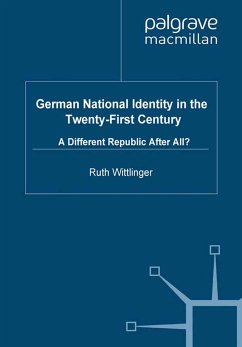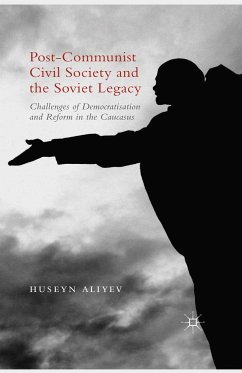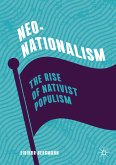On October 3, 1990 the future of both Europe and Germany became powerfully and inexorably intertwined across a politically broadened continent powering transformative social, political and economic interactions. The thirty year mark after the then reigning chancellor Helmut Kohl promised 'flourishing landscapes' in the former GDR is more than just a new anniversary from which mandatory reflections must follow. Arguably, it represents a temporal boundary between the adjustments and reactions conditioned and captivated by a sense of something new and uncertain, and that point moving forward from which unification's legacy inescapably tethers Germany's future to normal politics shaped by the issues of the moment, and not politics gripped by the debates of unification itself. That legacy is defined by an accumulation over thirty years of adjustments, mutations, counter-adjustments and strategic reactions which have now delivered through the many ripples of change a Germany managing the course-trajectory which unification has relentlessly plotted. The foreseeable future will certainly see that legacy of unification tenaciously continue to project yet shrouded within the background of Germany's routine politics. This volume explores that legacy within the post-unification era and reflects on the way forward into a near-term German future no longer consumed with unification itself but with the reality of politics it has steadily defined.
Michael Oswald is Assistant Professor of Political Science at the University of Passau, Germany, Research Associate at the John F. Kennedy Institute, Free University of Berlin, Germany, Faculty at the Institute of European and International Studies (CIFE), France, and the author of The Palgrave Handbook of Populism (2021).
John Robertson is Professor of Political Science at Texas A&M University, USA. He is the author and co-author of numerous articles dealing with European affairs andcomparative politics published in leading political science journals, including the American Political Science Review, American Journal of Political Science, Journal of Politics, Comparative Politics, German Politics, International Political Science Review, and International Studies Quarterly.
Dieser Download kann aus rechtlichen Gründen nur mit Rechnungsadresse in A, B, BG, CY, CZ, D, DK, EW, E, FIN, F, GR, HR, H, IRL, I, LT, L, LR, M, NL, PL, P, R, S, SLO, SK ausgeliefert werden.

